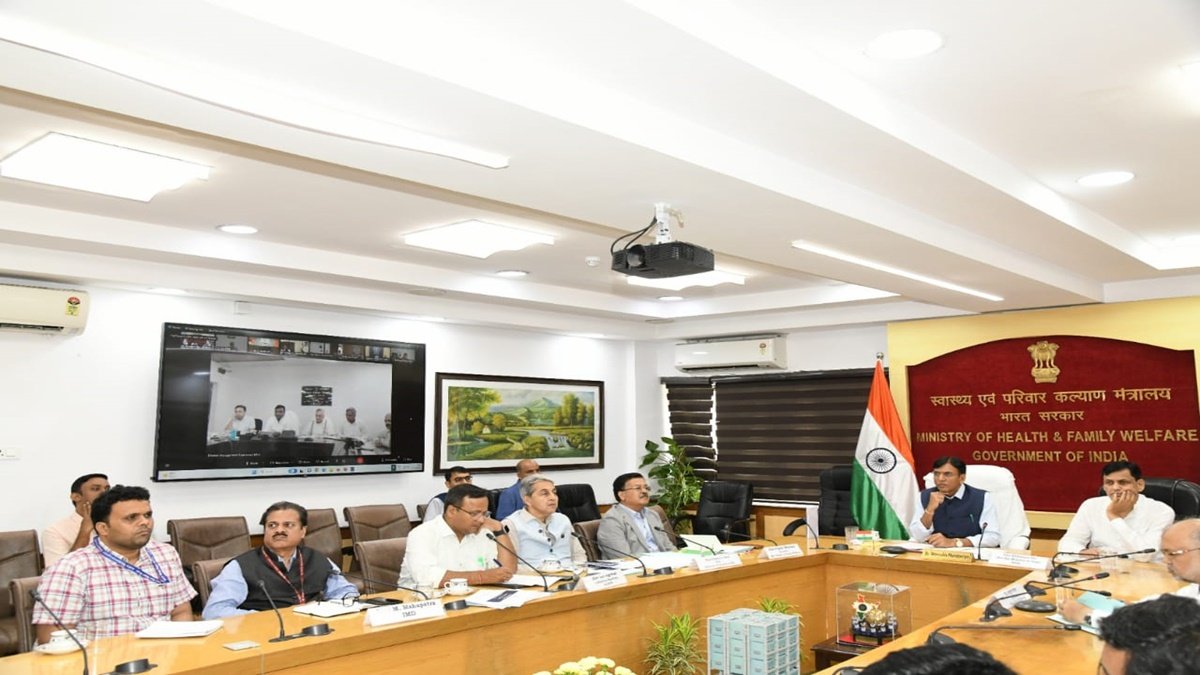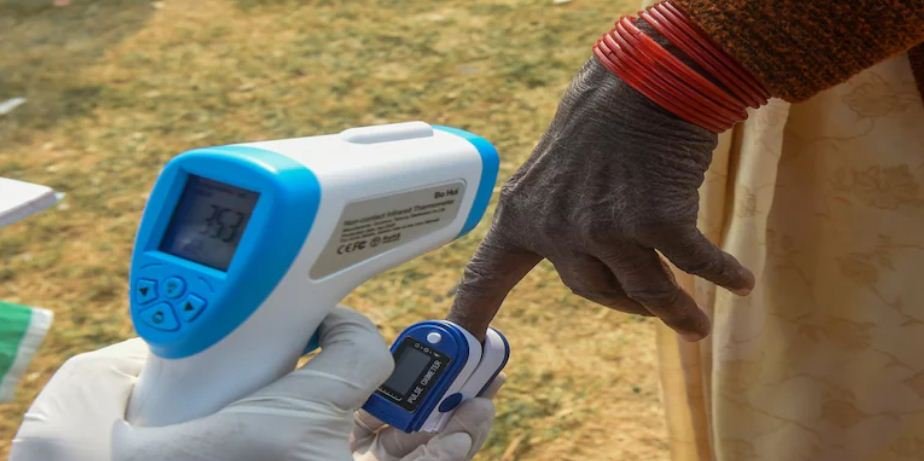New Delhi, Oct 18: Rabies deaths in Kerala were not due to vaccines being ineffective, a central team which visited the state to probe the cases has said in its report to the Union Health ministry, according to official sources.
Meanwhile, the testing at Kasauli is also complete and states that the vaccines are effective, the sources said.
The report stated that majority of deaths were preventable and could be attributed due to low awareness in the general community about do’s and don’ts in the event of animal bites, the sources said.
There has been delay in seeking time and appropriate animal bite management in the cases examined which might be attributed to not recognising the importance of timely and full rabies post exposure prophylaxis. Intensive information education and communication activities are required for all target audiences about do’s and don’ts for animal bites management, the committee has recommended, they said.
Deaths are also attributed to proper wound washing facility at animal bite management facilities even at tertiary care level and limited availability of ARV/ARS at peripheral health facility as only 30 per cent PHC and UHC were having ARV available and 3.5 per cent of all facilities were having ARS.
“None of the deaths could be attributed to vaccine/RIG quality, the report said,” an official source said.
Kerala has reported a consistent increase in incidents of animal (mostly dogs) bites and subsequent deaths due to rabies over the last six years.
In 2022, the number of deaths (21) reached almost two times till date as compared to the total deaths in the year 2021. The most recent death is of 12-year-old girl who died due to rabies infection in Pathanamthitta district following three doses vaccination and has gained significant media attention.
To undertake a complete clinico-epidemiological investigation of all 21 mortalities in 2022, a central team comprising officials from National Centre for Disease Control (NCDC) was deputed to Kerala last month.
The sources said that the team scrutinised thoroughly all case records of the deceased for presenting clinical symptoms, type of exposure, vaccination history, laboratory test done for rabies.
The team visited Government Medical College, Trivandrum, State Institute of Animal Disease (SIAD), Pallode, Kerala Medical Services Corporation Ltd Trivandrum to know the ARV /ARS stock situation, State Public and Clinical Health Laboratory and debriefed Director Animal Husbandry and principal secretary (Health) of Kerala.
The investigation revealed a history of dog bite exposure in 16 out of 20 cases, a total of six cases with history of exposure, died despite vaccination, on detailed investigation, out these six cases, three had fatal exposure and died even before completion of vaccination schedule, official sources said.
One case with fatal exposure had five hours delay in getting RIG due to non-availability at a nearby health facility.
One case was defaulter for vaccination and another case was again with significant delay in seeking treatment (vaccinated after onset of symptom, the source said.
Ten cases with history of exposure died due to no vaccination . In 4 cases with no obvious history of exposure or may be these cases were not able to recognise/recall the exposure and hence not vaccinated and presented to the health facility after onset of symptoms. Out of these 4 cases, one case had history of CAD and one case had history of multiple substance abuse and alcohol addiction.
“Significant knowledge gap among health care professional regarding decision to treat different categories of animal bite victims, case diagnosis, laboratory aspects such as optimum sample in Antemortem and post-mortem cases also need to be addressed through capacity building,” the official source said quoting the report.
“The lack of initiatives and timely intervention by veterinary counterpart despite the Supreme Court directions way back in 2016 in managing stray dog menace is pertinent to mention here,” the source said referring to the report.
The team recommended for IEC activities, provision of ARV/ARS at all health facilities, strengthening of laboratories and use of standard protocols, capacity building and periodic refresher training of physicians, strengthening of rabies inpatient facilities, strengthening of intersectoral coordination and strategic planning for formulation of State Action Plan for Rabies Elimination on line of National Action Plan for Dog Mediated Rabies Elimination by 2030 by One Health Approach. (PTI)












